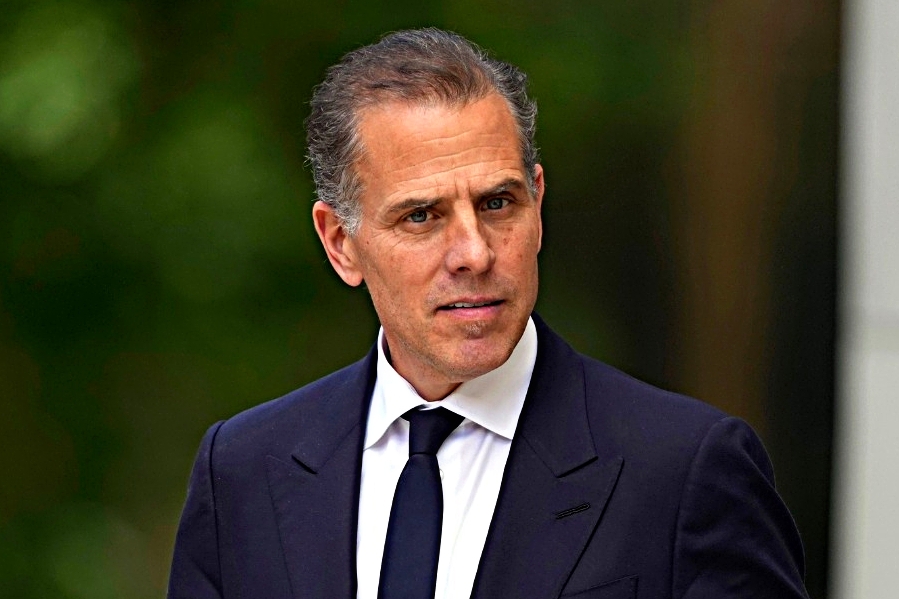Hunter Biden, the second son of U.S. President Joe Biden, has been a central figure in both political and media discussions over the years. As a lawyer, businessman, and lobbyist, Hunter Biden’s career has spanned various fields, often intertwining with his father’s political trajectory. His personal struggles, business dealings, and political implications have made him a lightning rod for controversy, creating a narrative that is both complex and polarizing.
This article delves deep into Hunter Biden’s life, career, controversies, and the broader implications of his story in American society.
Early Life and Education
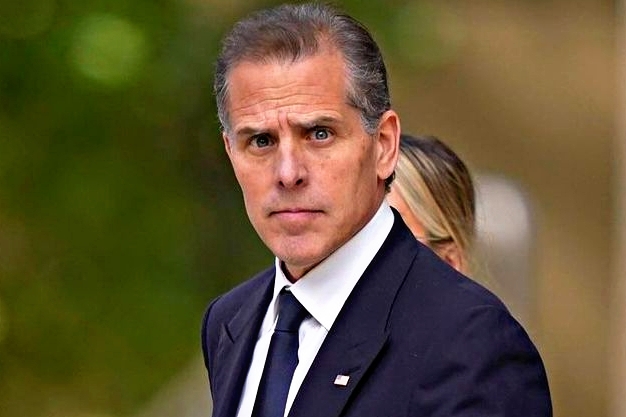
Robert Hunter Biden, born on February 4, 1970, is the second son of Joe Biden and Neilia Hunter Biden. Tragedy struck early in Hunter Biden’s life when his mother and younger sister, Naomi, were killed in a car accident in 1972. Hunter and his older brother, Beau, survived the crash but faced a traumatic childhood marked by loss.
Hunter Biden attended prestigious institutions, graduating from Georgetown University with a degree in History before earning a law degree from Yale University. These formative years positioned him within elite academic and professional circles, setting the stage for his career in law and business.
Career Path and Business Ventures
Hunter Biden’s professional journey has been diverse, encompassing roles in law, lobbying, and international business. His career trajectory has often sparked scrutiny due to the overlap between his business dealings and his father’s political positions.
Legal Career and Lobbying
After graduating from Yale, Hunter Biden worked at MBNA, a Delaware-based bank, and later served as a lobbyist. During his time at MBNA, the bank was a significant contributor to Joe Biden’s political campaigns, raising questions about the potential blending of personal and professional interests.
In 2006, Hunter Biden was appointed to the board of Amtrak by then-President George W. Bush, a position he held until 2009. While his appointment was partially attributed to his lobbying experience, critics suggested his father’s role as a long-time advocate for Amtrak played a part.
Rosemont Seneca Partners
One of Hunter Biden’s most controversial roles was as a co-founder of Rosemont Seneca Partners, an investment firm established in 2009. The firm engaged in global business ventures, some of which involved countries like China and Ukraine. These dealings have been the focal point of numerous investigations and allegations.
Burisma and Ukraine
Perhaps the most scrutinized chapter of Hunter Biden’s career is his role as a board member of Burisma Holdings, a Ukrainian energy company. Hunter joined Burisma in 2014, earning substantial compensation, reportedly up to $50,000 per month. This appointment coincided with Joe Biden’s tenure as Vice President and his oversight of U.S. policy toward Ukraine.
Critics, particularly political opponents of Joe Biden, questioned the ethics of Hunter’s position, suggesting it was a conflict of interest. Investigations, including those by Ukrainian officials, did not find evidence of wrongdoing by Joe or Hunter Biden. However, the perception of impropriety has remained a potent political weapon.
Personal Struggles
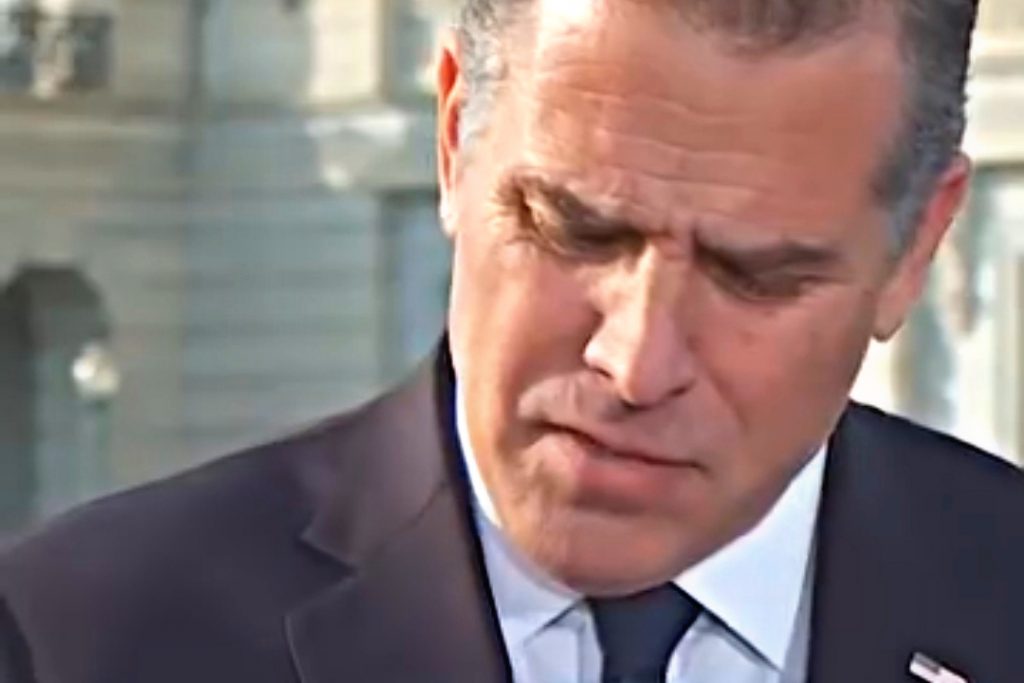
Hunter Biden’s life has been marked by significant personal challenges, particularly related to substance abuse. He has spoken openly about his struggles with addiction, acknowledging periods of instability and seeking treatment multiple times.
In his memoir Beautiful Things, released in 2021, Hunter Biden detailed his battle with alcohol and drug dependency, offering a raw and personal account of his journey. His openness has garnered both sympathy and criticism, with some commending his honesty and others using his struggles to fuel political attacks against his father.
Controversies and Allegations
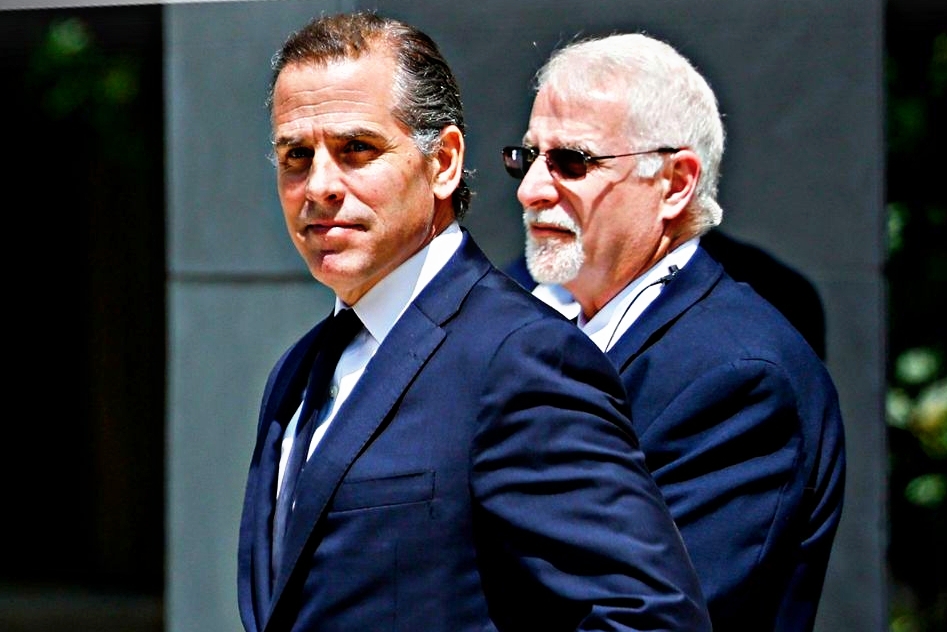
Hunter Biden’s business dealings and personal life have been the subject of intense scrutiny, particularly during and after Joe Biden’s 2020 presidential campaign.
The Laptop Controversy
In October 2020, reports emerged about a laptop allegedly belonging to Hunter Biden, containing emails, text messages, and other materials. The contents, initially reported by the New York Post, sparked debates about their authenticity and implications. Critics claimed the emails revealed potential influence-peddling involving Hunter Biden’s business dealings and his father’s political role.
U.S. intelligence officials and independent cybersecurity experts have examined the laptop’s contents. While investigations are ongoing, they have raised questions about the intersection of technology, privacy, and political narratives.
Tax and Legal Issues
Hunter Biden has faced legal challenges related to taxes and business practices. In 2020, he confirmed that the U.S. Department of Justice was investigating his tax affairs. While no charges have been filed as of now, the investigation has added another layer to the controversies surrounding him.
Political Implications
Hunter Biden’s actions have been weaponized in political discourse, particularly by critics of Joe Biden. Allegations of nepotism and conflicts of interest have been amplified, often without conclusive evidence. This polarization highlights the broader trend of using family members as proxies in political battles.
Hunter Biden in the Media
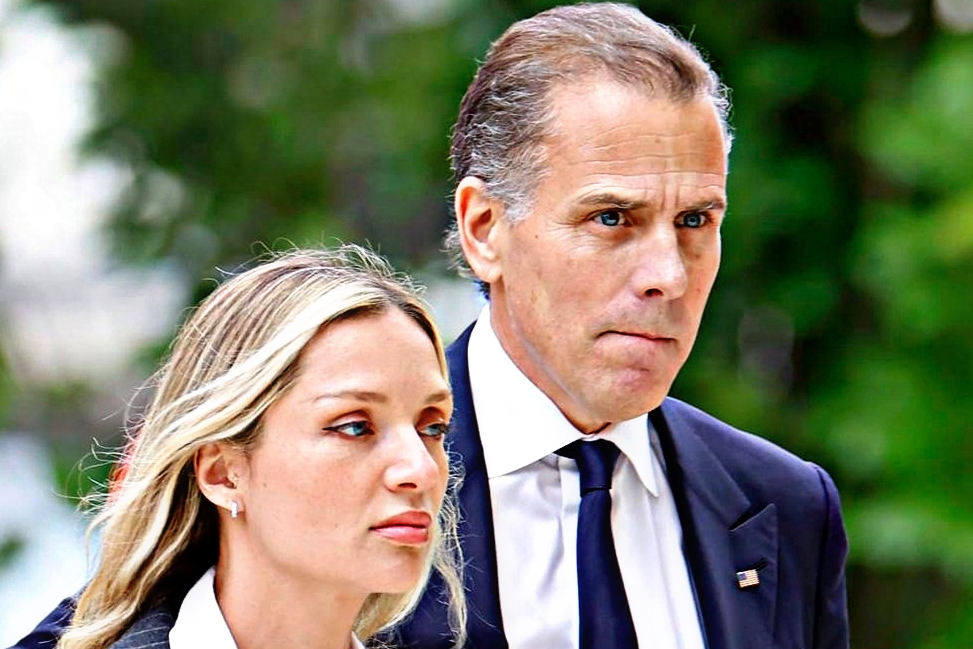
Media coverage of Hunter Biden has been highly polarized, reflecting the broader division in American politics. Conservative outlets have often portrayed him as a liability to his father’s political career, emphasizing allegations of corruption. Conversely, liberal-leaning platforms have highlighted his personal struggles and resilience, painting a more sympathetic picture.
Hunter Biden’s story has become a case study in the intersection of media, politics, and personal narrative. It underscores the power of perception and the role of the media in shaping public opinion.
A Complex Legacy
Hunter Biden remains a figure of immense complexity, embodying both privilege and vulnerability. His career and personal life reflect the challenges of navigating high-profile public scrutiny, especially as the son of a prominent political leader.
While his business dealings have raised legitimate questions about ethics and influence, they have also been politicized, making it difficult to separate fact from fiction. His openness about addiction and recovery has humanized him, offering a glimpse into the struggles many Americans face.
Broader Implications
The story of Hunter Biden goes beyond individual controversies, raising broader questions about political ethics, family dynamics, and media accountability. It highlights the challenges faced by public figures’ families and the fine line between personal mistakes and political liabilities.
In an era where every aspect of a public figure’s life is scrutinized, Hunter Biden’s experiences serve as a reminder of the complexities of human existence and the need for nuanced understanding.
Conclusion
Hunter Biden’s life and career have unfolded under an intense spotlight, shaped by both personal challenges and public controversies. As a central figure in ongoing political and media debates, he remains a symbol of the broader tensions in American society.
While opinions on HunterBiden vary widely, his story underscores the importance of separating personal struggles from political narratives. Whether as a businessman, son, or individual navigating a complicated world, HunterBiden continues to be a compelling and controversial figure in American life.

